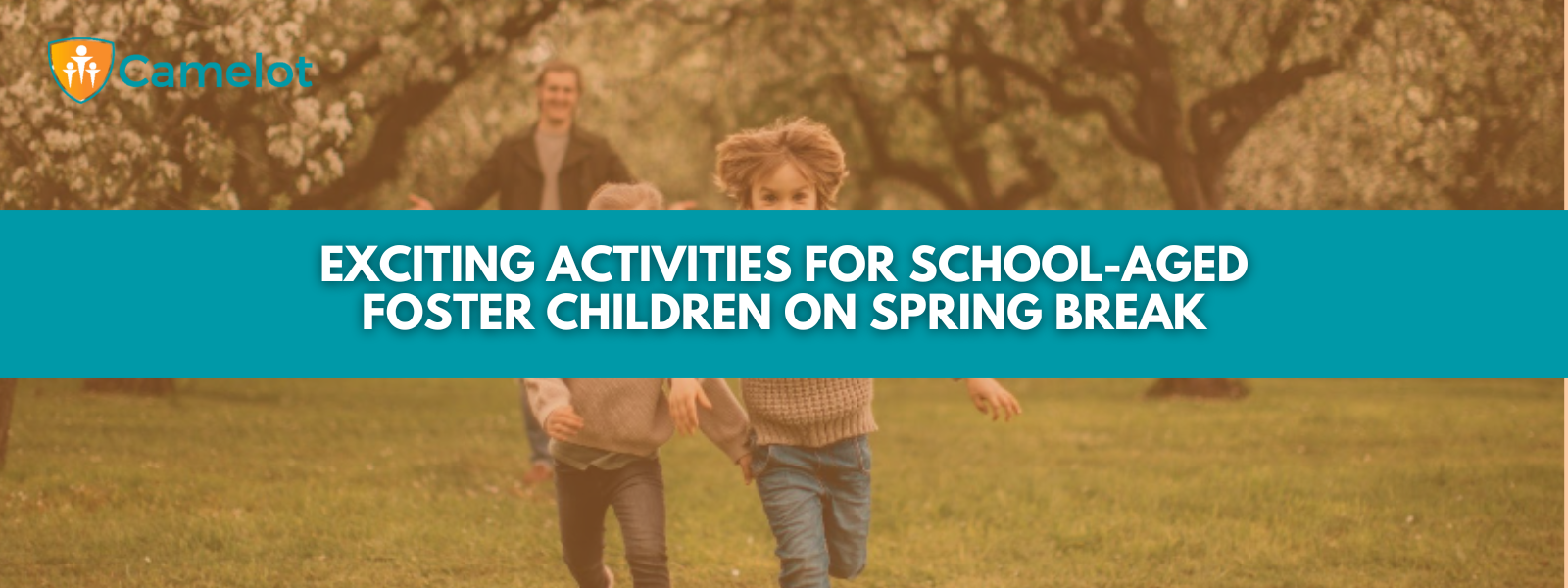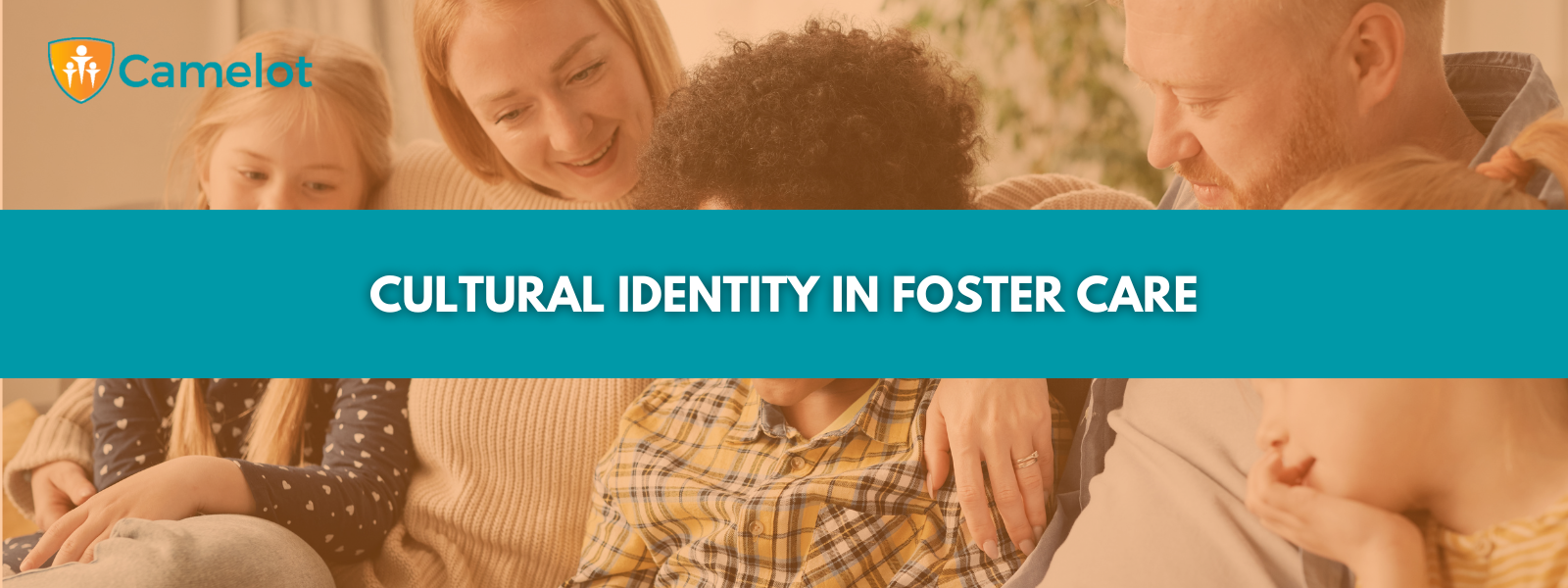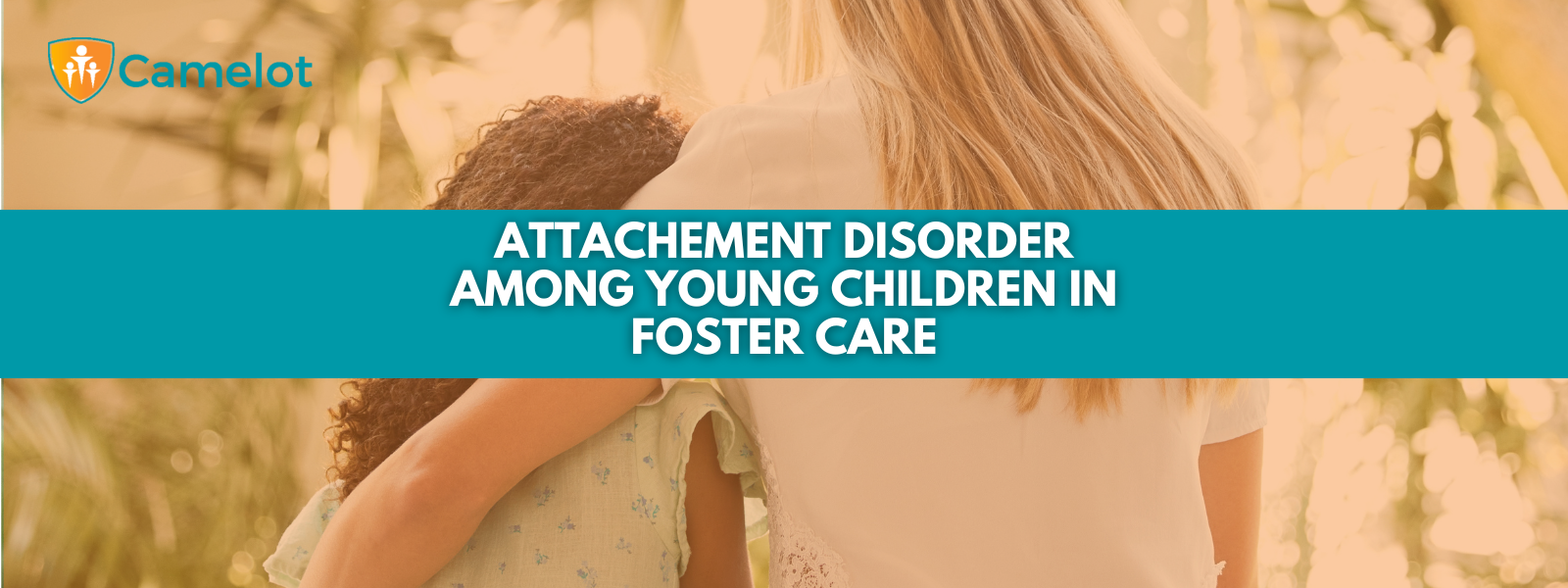CCFT and Intensive Counseling | Everything You Need To Know
Everything Needed To Know About CCFT & Intensive Counseling

All families experience behavioral issues with their children from. When issues arise, most parents and guardians find that they can deal with these problems as they come. There are situations, however, that can cause parents to feel overwhelmed. The good news is that there are resources that can help caregivers deal with these issues. If you are a parent or guardian with a troubled youth, you can seek professional help for your child and your family.
Purpose of CCFT
High-intensity and time-limited in nature, Comprehensive Child and Family Treatment (CCFT) services provide families with the tools to create stability and deter risks that may force a child into state custody.
CCFT services tries to focus on the behaviors and interactions within a family dynamic. Tools, like child counseling and family counseling, are offered in an attempt to stabilize the family system. Stabilization allows the youth to transition into an outpatient service that is less intense. Ultimately, these services will provide youths with the skills they need to avoid harmful behaviors.
CCFT is designed to strengthen both the family bonds as well as build a supportive community. CCFT can be conducted in an office, in a community setting, or via in-home counseling. The frequency of the sessions is based on the intensity as well as the risk associated with the situation.
Criteria for Admission
When figuring out if a family may benefit from CCFT services, an admissions coordinator will meet with the family. The clinical status of the child should be serious in the sense that it can jeopardize community placement. However, it should not be so severe that CCFT services are inadequate. Both the child and family should voluntarily consent to the treatment provided by CCFT. If a family finds that typical outpatient services do not serve their needs, they may look to CCFT as an option.
Exclusion of Care
If the child is exhibiting behavioral and/or psychiatric symptoms that surpass the level of care provided by CCFT, they may be excluded from these services. If the child is already involved in treatment that is effective and less intense, CCFT services are not needed.
Individuals who exhibit symptoms that are not covered are not eligible to receive CCFT services. The child cannot receive CCFT services if there is no court order and neither the individual nor the guardian has consented voluntarily to the services.
Criteria for Continued Care
A client who is continuing to experience behavioral and emotional symptoms may need to continue with CCFT services for an extended period of time. The intensity and frequency of these services match with the treatment plan for a better outcome.
During care, a medication evaluation is conducted. As the treatment is ongoing, it will continue to be monitored to better serve the child. All treatments and interventions are tailored to address behavioral issues professionally and promptly. However, both the individual and the family should participate appropriately to the best of their abilities. Care can continue if there is documented evidence that a discharge is planned
Criteria for Discharge
Once the goals of the treatment plan have been met, it is time to start the discharge plan. The discharge plan usually has follow-up appointments that need to occur. Follow-up care can help ensure that all goals are maintained even after treatment is over. However, another reason for discharge of care may be that the client or the guardian has withdrawn consent, and the court does not require this treatment.
If the individual requires a more intensive form of care, they may also be discharged. If the youth is not making progress and there is no expectation of progress, they can be discharged from care.
The Wrap Up
CCFT can be an effective way to help a troubled child. Effective treatment is a family affair, and guardians are an important aspect of CCFT. To access CCFT services, your family would need to be evaluated. If your child is eligible to receive care and you both consent to participate in care services, you can have a treatment plan developed by a professional. Here at Camelot Care Center in Tennessee, we specialize in behavioral health services. We provide intensive counseling services with CCFT. Contact us today so we can get you set up with an evaluation.
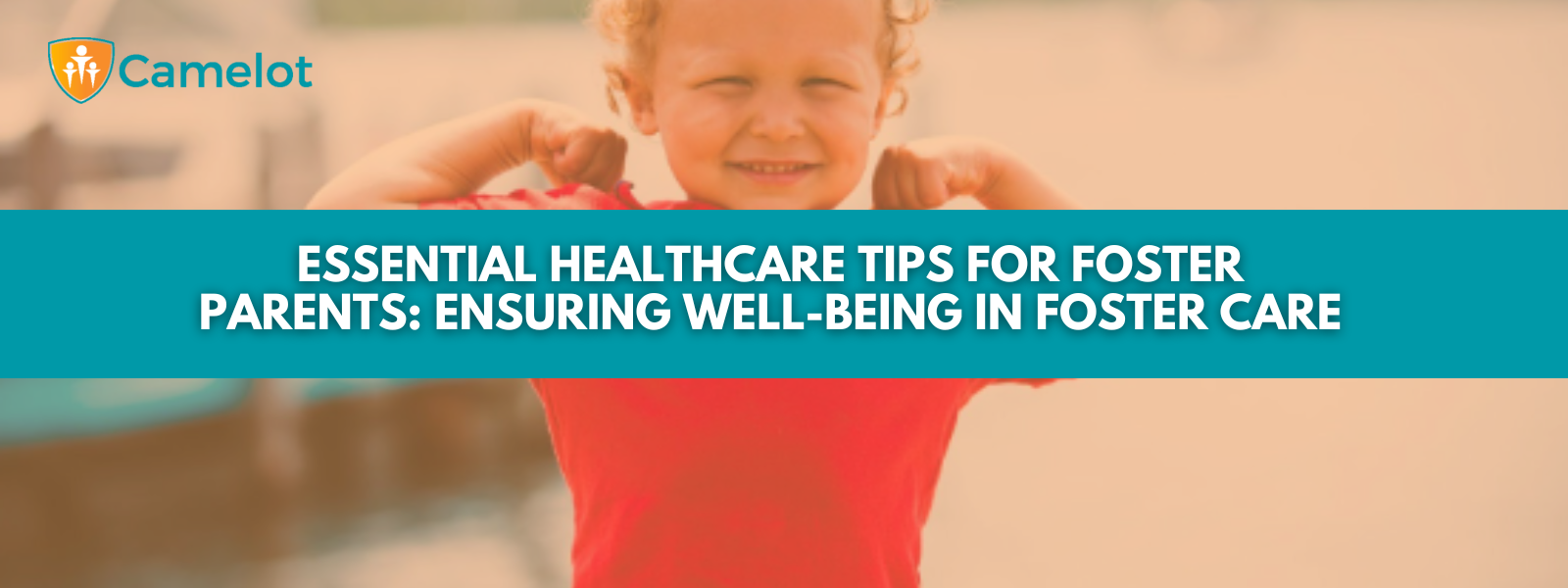
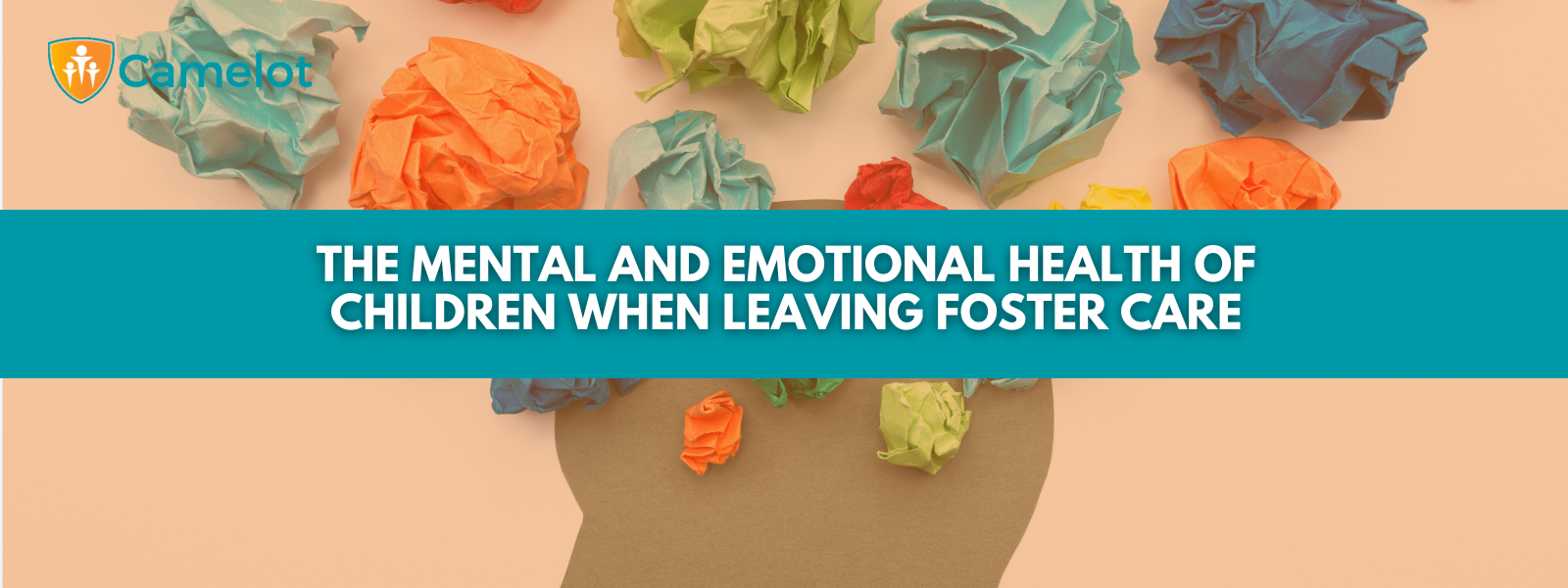
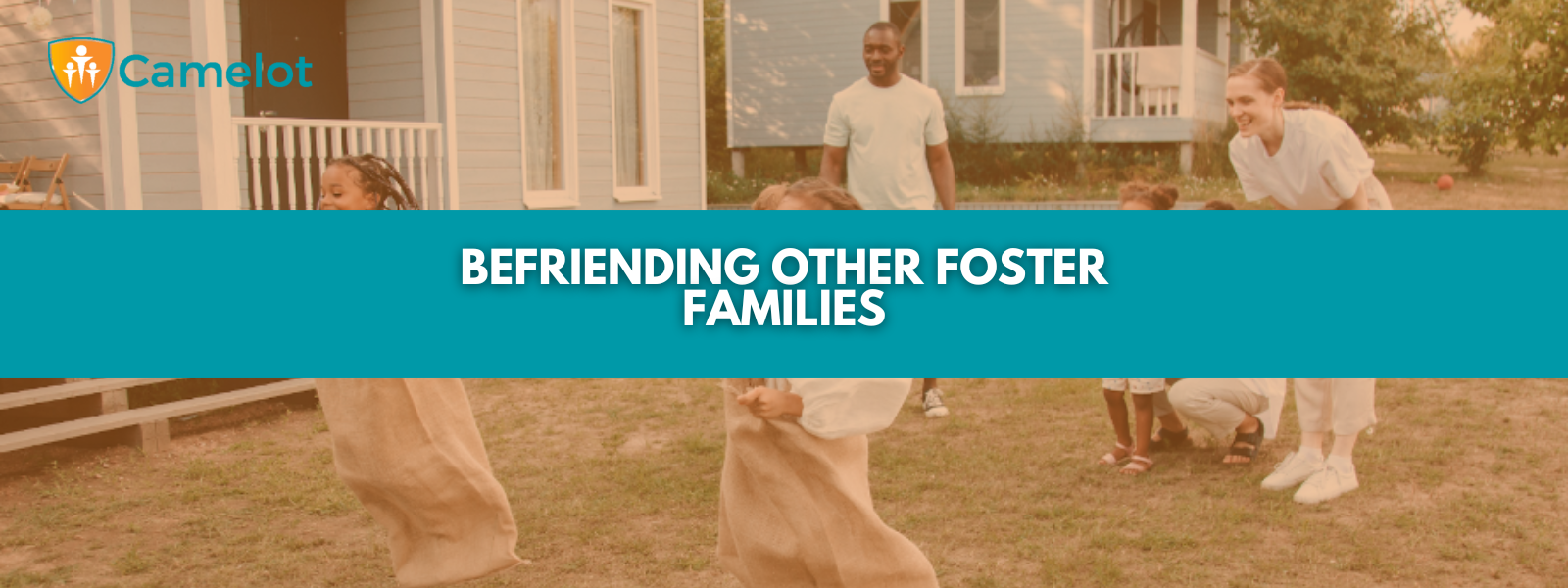

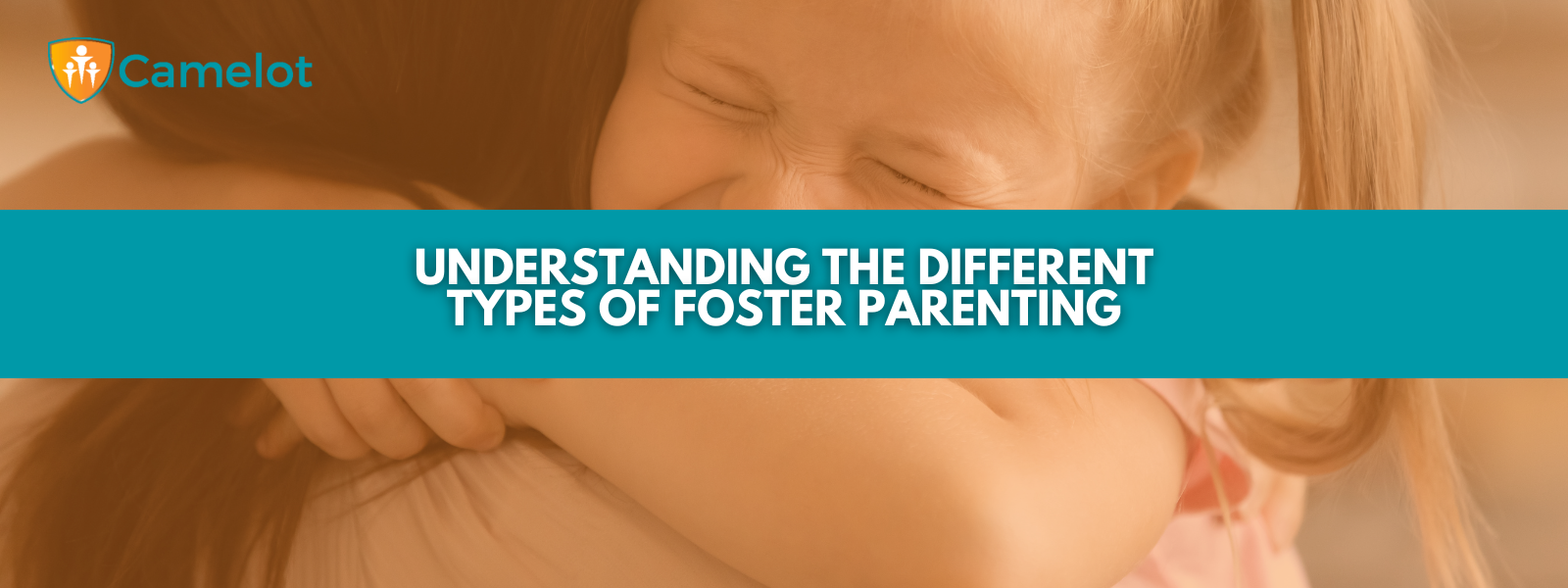
Camelot Care Centers

